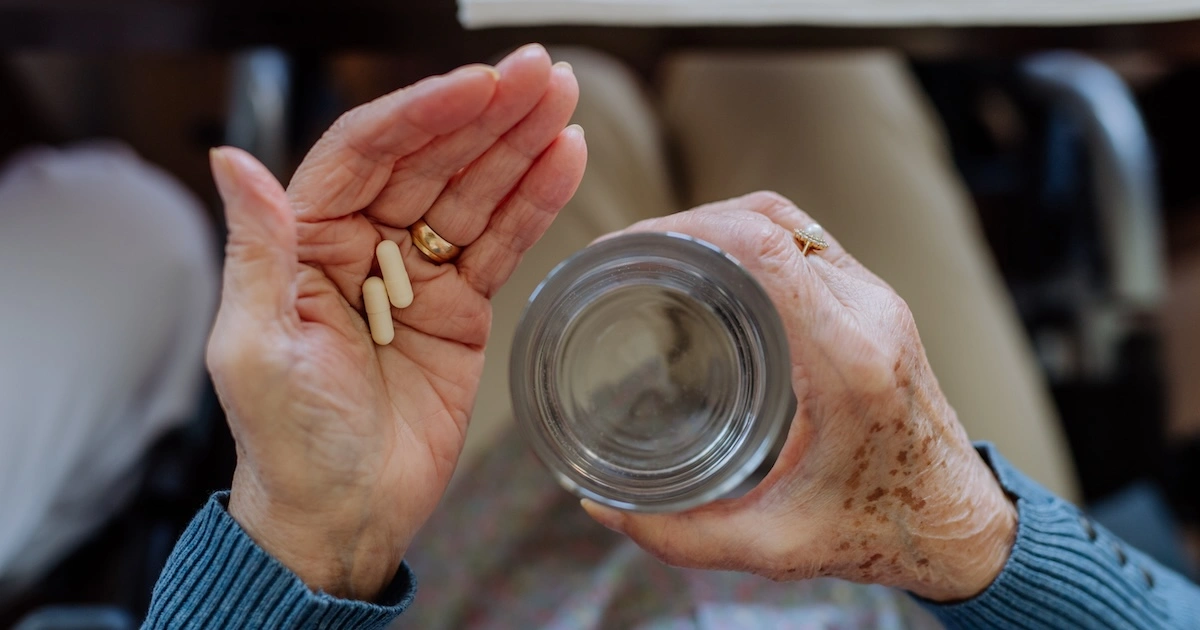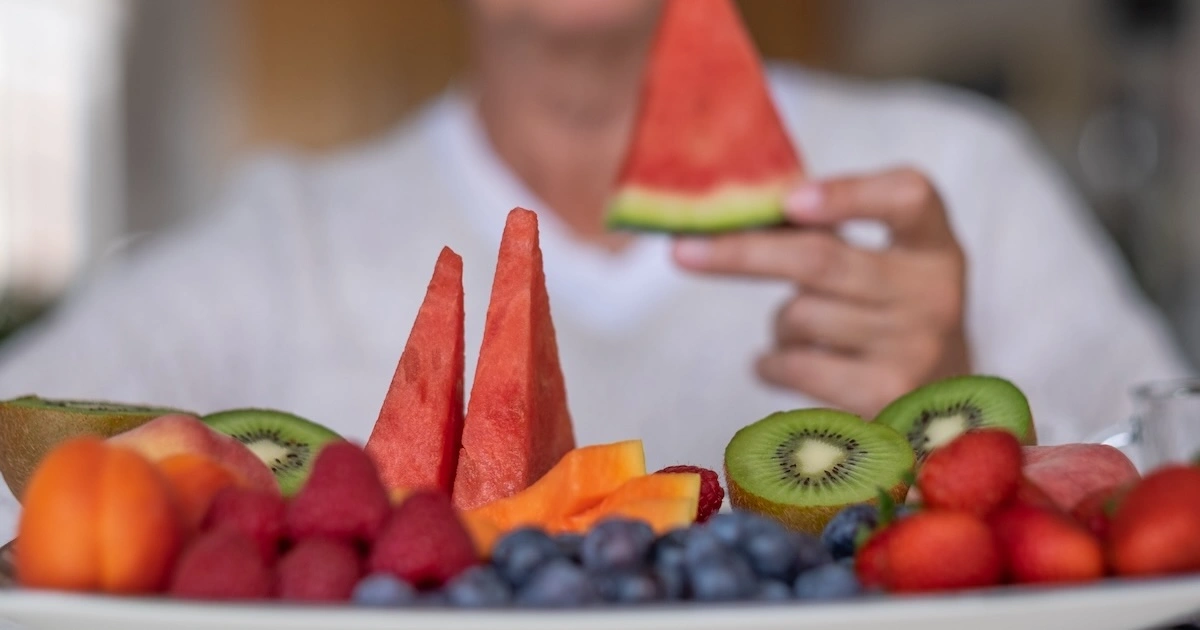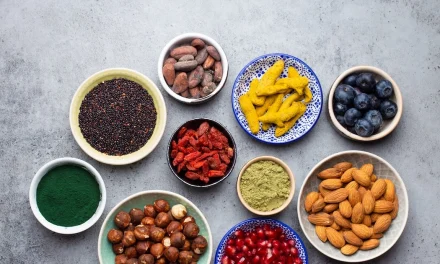Aging gracefully isn’t just about appearance—it’s about staying strong, energized, and maintaining good health for years to come. A balanced diet plays a crucial role in healthy aging, but sometimes, even with the best eating habits, our bodies need extra support. That’s where essential vitamins and nutrients come in. Whether through food or supplements, these nutrients help keep bones strong, boost immunity, support brain function, and maintain overall well-being. Let’s dive into the most important vitamins and nutrients for aging gracefully.
1. Vitamin D – The Bone Protector

Why It’s Important:
- Supports bone health and reduces the risk of osteoporosis.
- Helps the body absorb calcium.
- Strengthens the immune system.
Where to Get It:
- Sunlight exposure (15-30 minutes daily).
- Fatty fish (salmon, tuna, sardines).
- Fortified dairy and plant-based milk.
- Vitamin D supplements (if levels are low).
2. Calcium – The Foundation for Strong Bones

Why It’s Important:
- Essential for bone density and preventing fractures.
- Supports muscle function and heart health.
Where to Get It:
- Dairy products (milk, yogurt, cheese).
- Leafy greens (kale, bok choy, broccoli).
- Almonds and fortified cereals.
- Calcium supplements (if needed).
3. Vitamin B12 – The Brain Booster

Why It’s Important:
- Supports brain function and memory.
- Helps with red blood cell production.
- Boosts energy and reduces fatigue.
Where to Get It:
- Animal products (meat, eggs, dairy, fish).
- Fortified cereals and plant-based milk.
- Vitamin B12 supplements (especially for vegetarians and older adults with absorption issues).
4. Omega-3 Fatty Acids – The Heart & Brain Defender

Why It’s Important:
- Reduces inflammation and supports heart health.
- Enhances brain function and reduces the risk of cognitive decline.
- Supports joint health and reduces stiffness.
Where to Get It:
- Fatty fish (salmon, mackerel, trout).
- Flaxseeds, chia seeds, walnuts.
- Omega-3 supplements (fish oil or algae-based for vegetarians).
5. Magnesium – The Energy Regulator

Why It’s Important:
- Supports nerve and muscle function.
- Helps regulate blood pressure.
- Aids in relaxation and reducing stress.
Where to Get It:
- Nuts and seeds (almonds, pumpkin seeds).
- Whole grains (brown rice, quinoa, oats).
- Dark leafy greens (spinach, Swiss chard).
6. Vitamin C – The Immune Booster

Why It’s Important:
- Strengthens the immune system.
- Supports collagen production for healthy skin.
- Acts as an antioxidant, fighting free radical damage.
Where to Get It:
- Citrus fruits (oranges, lemons, grapefruits).
- Bell peppers, strawberries, kiwis.
- Leafy greens (spinach, kale, Brussels sprouts).
7. Vitamin E – The Skin Saver

Why It’s Important:
- Protects skin from aging and damage.
- Supports immune function.
- Acts as an antioxidant to fight cell damage.
Where to Get It:
- Nuts and seeds (almonds, sunflower seeds).
- Spinach, broccoli, and avocado.
- Vitamin E oil or supplements (if needed).
8. Fiber – The Digestive Aid

Why It’s Important:
- Promotes healthy digestion and prevents constipation.
- Supports heart health by lowering cholesterol levels.
- Helps regulate blood sugar levels.
Where to Get It:
- Whole grains (oatmeal, quinoa, whole wheat bread).
- Fruits (apples, pears, berries).
- Vegetables (carrots, peas, Brussels sprouts).
- Legumes (lentils, beans, chickpeas).
9. Potassium – The Blood Pressure Balancer

Why It’s Important:
- Helps regulate blood pressure and heart function.
- Reduces the risk of stroke and kidney stones.
- Supports muscle and nerve function.
Where to Get It:
- Bananas, oranges, and cantaloupe.
- Sweet potatoes, beans, spinach.
- Dairy products and fish.
10. Zinc – The Immune Strengthener

Why It’s Important:
- Supports wound healing and immunity.
- Helps with taste and smell (which may decline with age).
- Plays a role in cell function and metabolism.
Where to Get It:
- Lean meats, shellfish, and poultry.
- Nuts, seeds, and legumes.
- Whole grains and dairy.
Final Thoughts: Nourish Your Body for Healthy Aging
As we age, the right balance of vitamins and nutrients is essential for overall health and longevity. While a healthy, well-rounded diet is the best way to get these nutrients, supplements can help fill in the gaps when needed.
What’s Next?
- Start by incorporating more nutrient-rich foods into your meals.
- Consult your doctor about supplementing where necessary.
- Stay hydrated and active to support overall health!
With the right nutrition, you can continue to feel strong, stay sharp, and age gracefully!


















